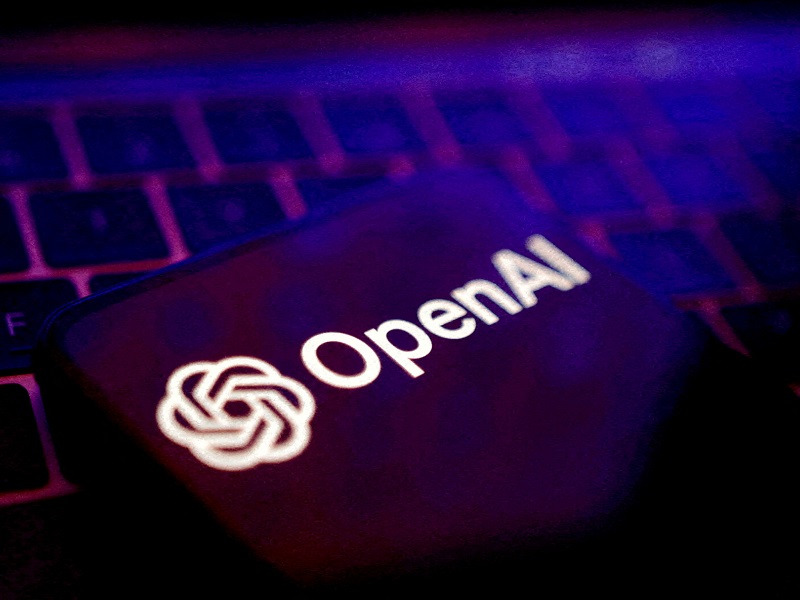OpenAI is launching its first Stargate data centre project in Europe, partnering with developer Nscale and investment group Aker ASA to open a US$1-billion (A$1.56 billion) facility in Norway next year, the companies said on Thursday.
The artificial intelligence partnership, called Stargate Norway, will initially install 100,000 Nvidia processors and could see a tenfold expansion in future phases amid soaring AI demand, the companies said.
The centre, to be built near Narvik in northern Norway, is the first in Europe under OpenAI’s Stargate program and follows the recent announcement of similar-sized Stargate UAE in the United Arab Emirates, the US tech firm said.

The gigafactory will be fully powered by renewable energy from local hydropower production, the companies added.
“Infrastructure like this is really important and unlocks a ton of potential for developers, researchers, scientists, and startups all across Norway and Europe,” OpenAI CEO Sam Altman said in a video presentation.
The shares of Norwegian conglomerate Aker ASA rose 11 per cent to a two-year high of 729 Norwegian crowns (A$109) before paring gains to trade at 717 crowns at 13:37 GMT.
Nscale and Aker will jointly own Stargate Norway with 50 per cent stakes each, investing about $1 billion for the initial phase of the project, which will consume about 20 megawatts of electrical power capacity and have OpenAI as its first customer.
Aker said it was working with local power producer Nordkraft to secure access to enough electricity to allow Stargate to increase its consumption to 230 MW and eventually add a further 290 MW.
An Aker spokesperson declined to comment on investment costs beyond the initial commitment or a time frame for the additional capacity.
The facility will run on Nvidia’s advanced GB300 Superchip processors, connected by the US company’s high-speed NVLink network technology, Nvidia chief executiveJensen Huang said in the video presentation.
The facility will be among the first AI gigafactories in Europe, Nscale CEO Josh Payne said in the statement.
“Sovereign, scalable, and sustainable infrastructure is now essential to remain competitive,” he added.
Do you know more? Contact James Riley via Email.
